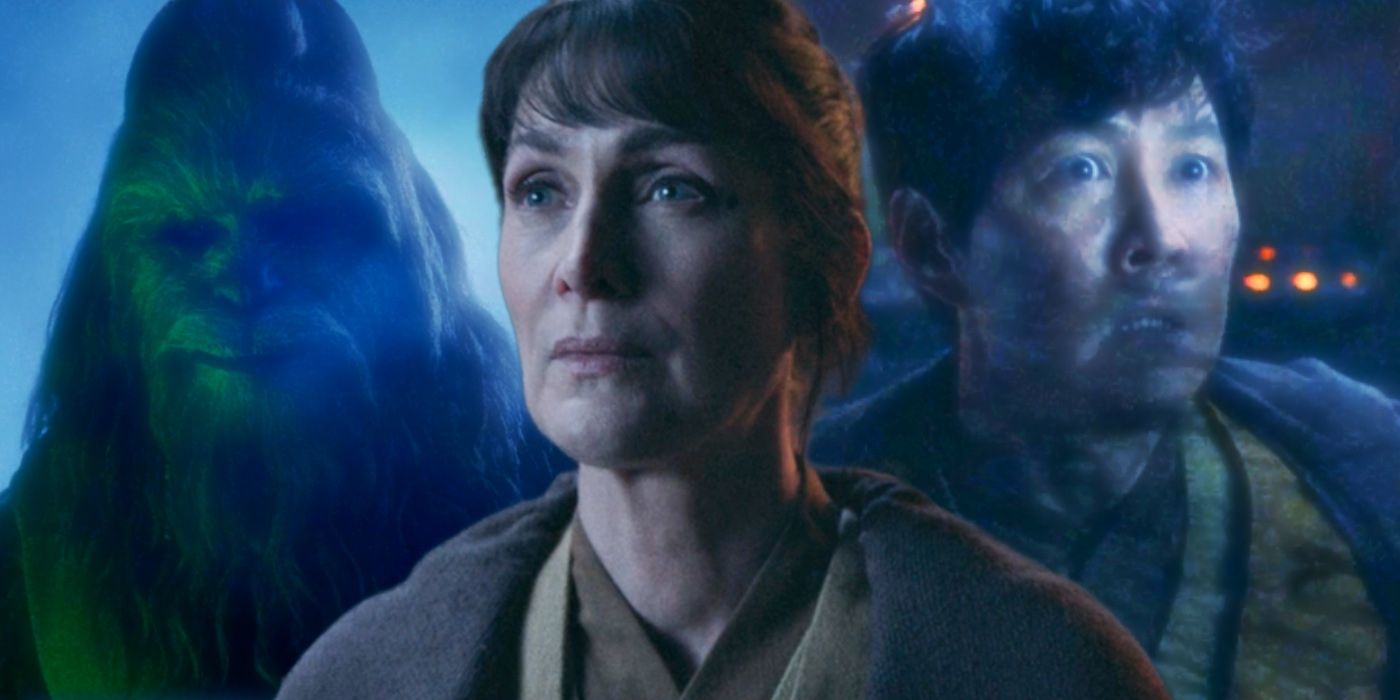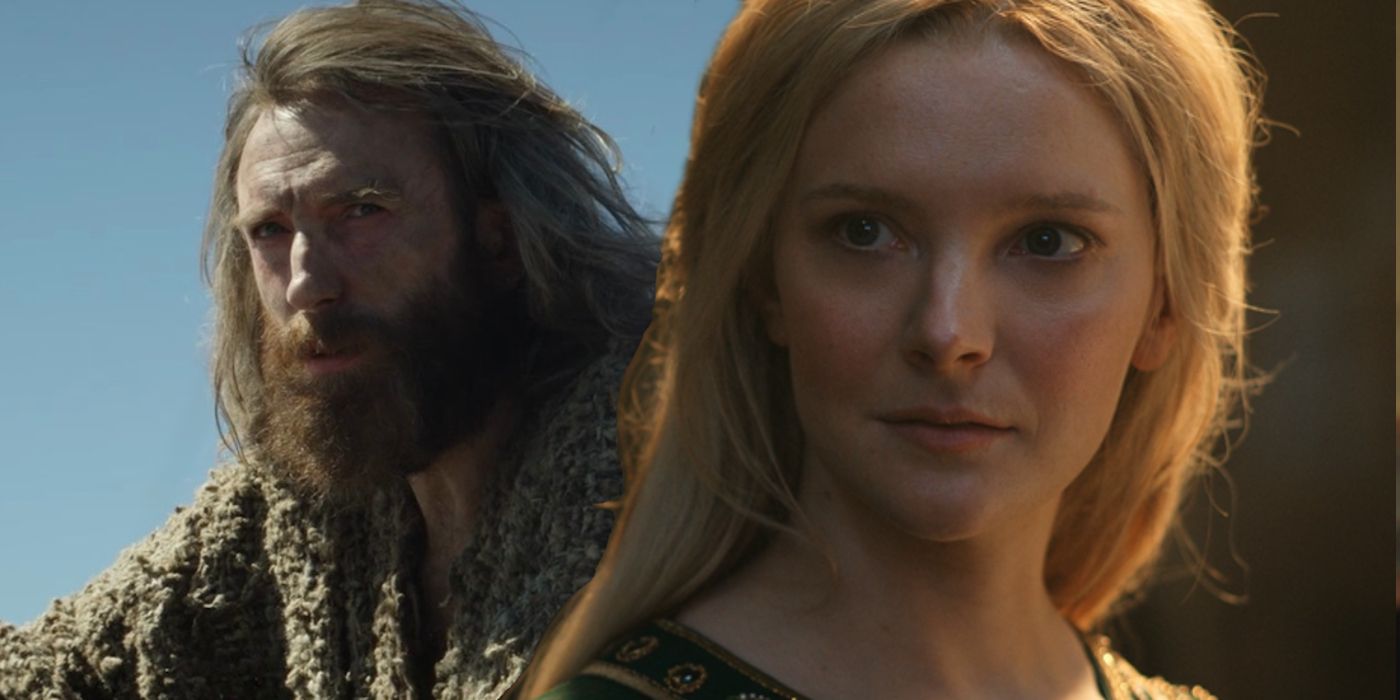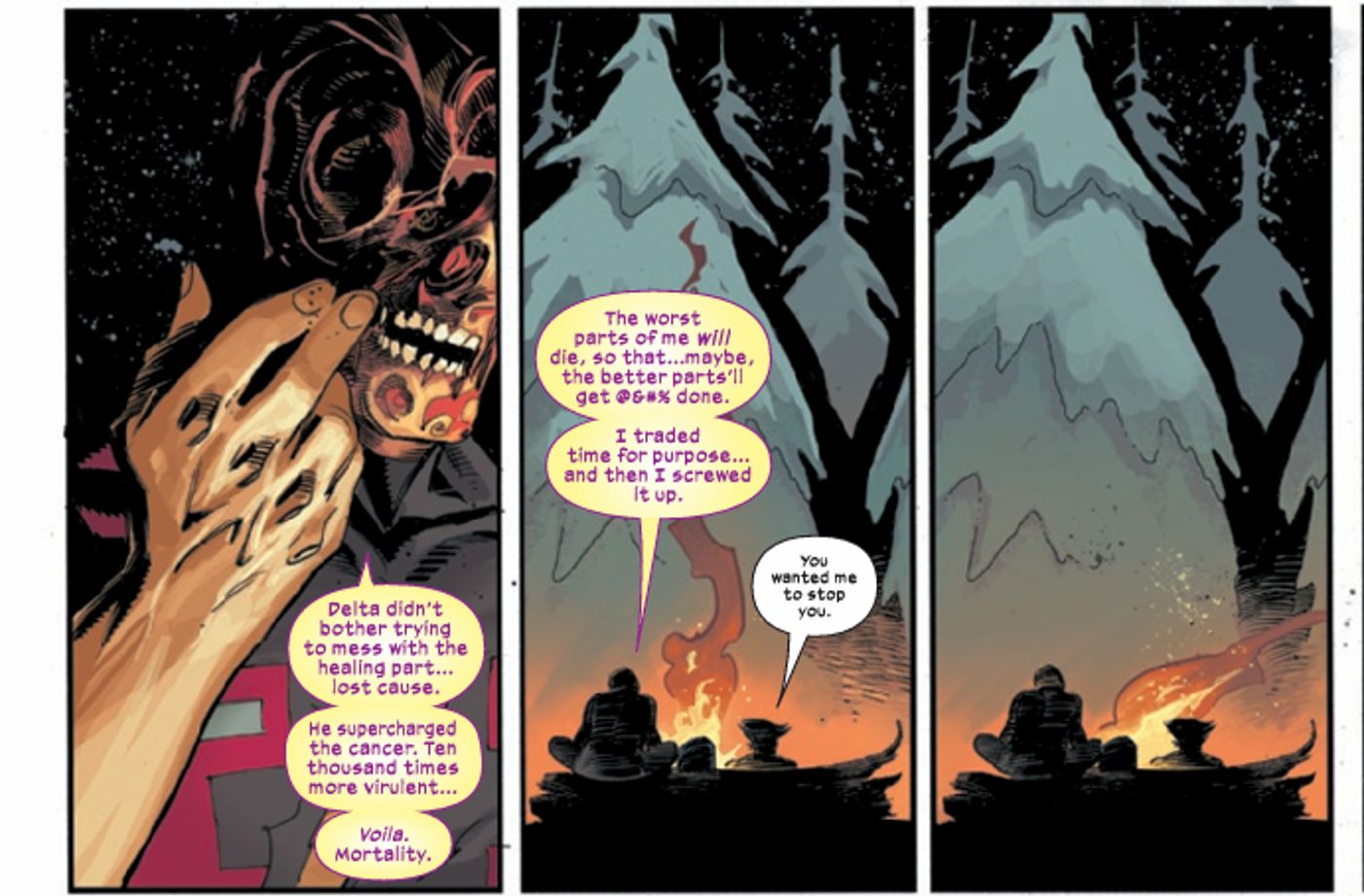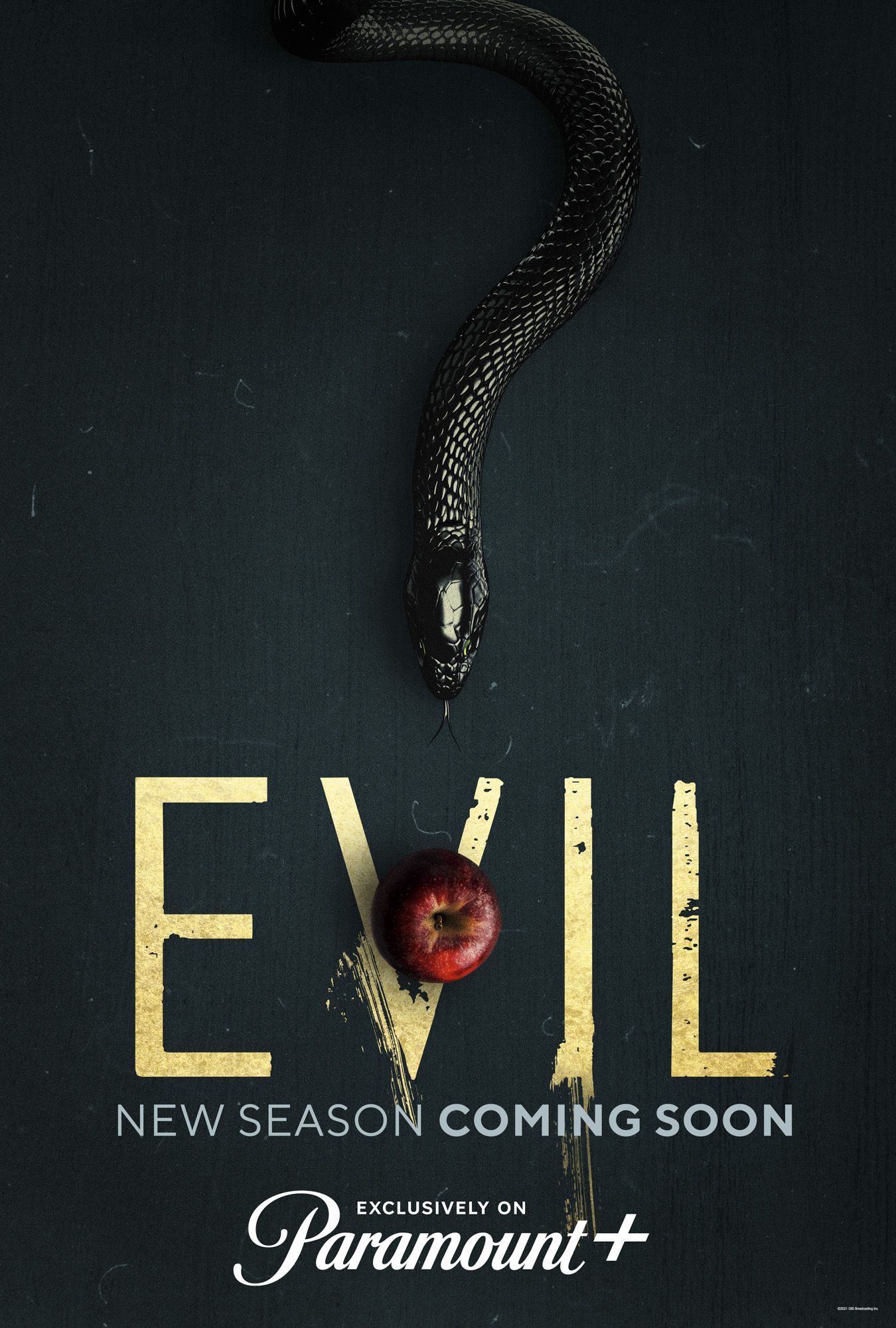Paul Thomas Anderson is a distinctive and groundbreaking pioneer of cinema, and his recent hit, Licorice Pizza, is largely considered another solid entry into an increasingly intimidating canon of classic movies. One of Anderson’s most enduring qualities is his filmmaking methodology. He is, as interviews allude to, an approachable and likable person, but he is also a closed book when it comes to second-guessing what approach he may adopt on any given movie.
Fans clamor for any news that may leak as to what he might be working on next, and it is equally intriguing in hindsight to learn of what takes place behind the gilded lens of an incredibly idiosyncratic filmmaker. These facts may in turn offer clues as to how Anderson crafts such exquisite works of fiction.
Burt Reynolds Hated Boogie Nights …
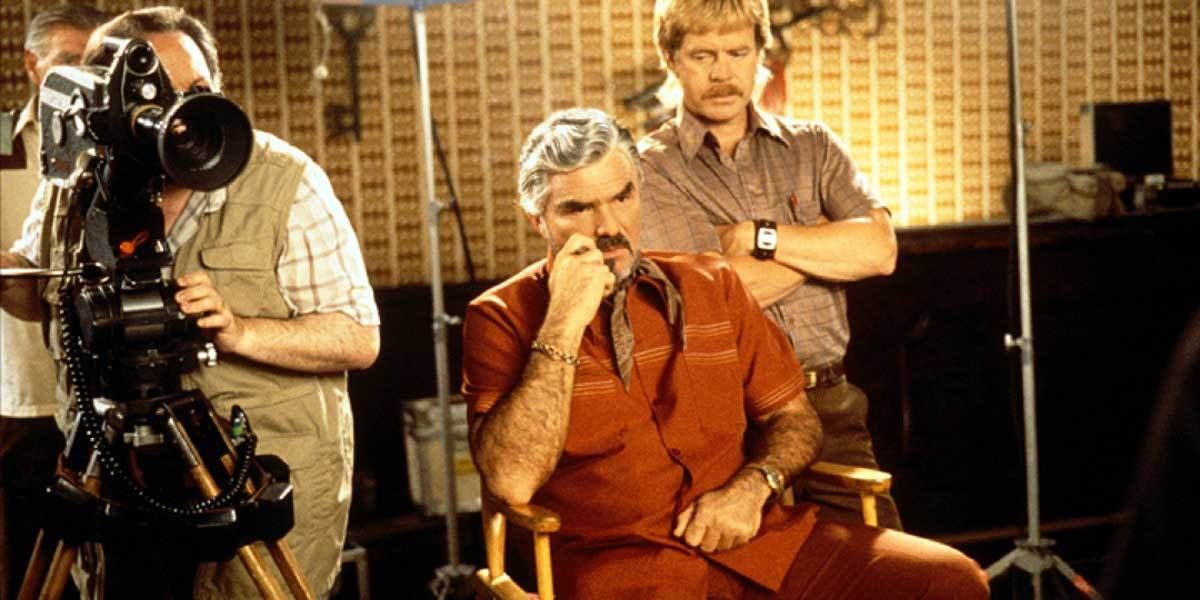
The late Hollywood icon, Burt Reynolds, presented Paul Thomas Anderson with somewhat of a directorial coup when he was cast in 1997’s Boogie Nights. The actor brought unmistakable star quality to a film that had several relatively unknown actors at the time, including Mark Wahlberg, in its cast.
Reynolds played porn director Jack Horner in the film, but according to the Washington Post, he was far from impressed with Anderson’s finished product. According to the news outlet, Reynold’s even fired his agent after watching Boogie Nights, saying of the film, “It made me very uncomfortable.”
Tom Cruise Requested A Role In Magnolia …
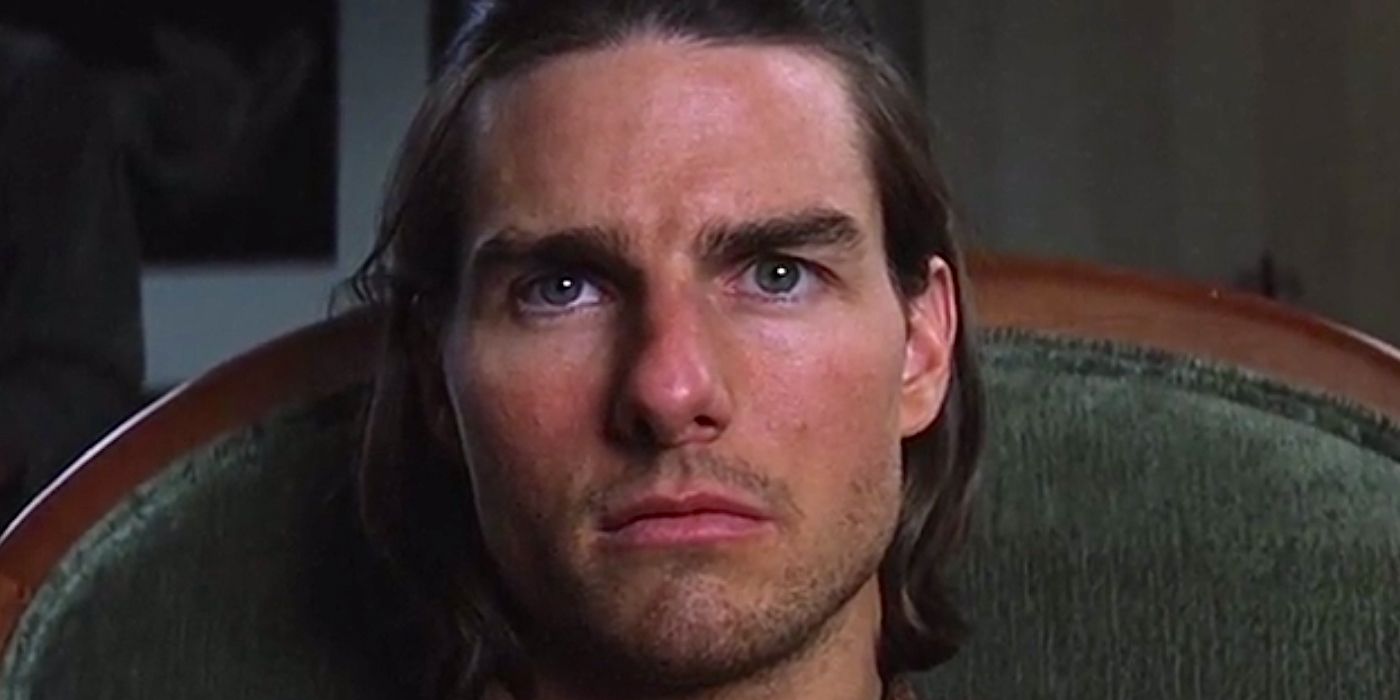
Tom Cruise is an actor that has, throughout his career, been unafraid to dive into roles that do not necessarily fit with his all-action aesthetic. Like Anderson, Cruise also knows what he wants out of a film, and will sometimes go out of his way in order to get it.
One of these occasions was when the actor personally requested that a role be written for him by Anderson following the success of Boogie Nights. According to Grantland, quoting the actor’s biography Tom Cruise: Anatomy Of An Actor, following the death of Cruise’s father, Anderson and Cruise developed the idea of lifestyle guru Frank T.J. Mackey for Magnolia.
Daniel Day-Lewis Improvised A Speech In There Will Be Blood …

Daniel Day-Lewis’ meticulous and methodical approach to acting is the stuff of cinematic folklore, and his portrayal of oil merchant Daniel Plainview in There Will Be Blood is arguably one of the all-time great performances in movie history.
Like Anderson, Day-Lewis keeps his methods close to his chest, but in an interview with The Los Angeles Times, Anderson revealed that one famous speech in the film given by Plainview was entirely improvised. The director notes that ” he just spewed out this speech, and it was just how it is in the film. Talking about bread, ‘A loaf of bread is a luxury,’ talking about education, talking about family – I’m not sure how he did it, but that was all him.”
Alana Haim’s Role In Licorice Pizza Was Written For Her …

Paul Thomas Anderson is clearly a director whose love for music flows through much of his work. Indeed, the director has produced several music videos throughout his career. When directing a video for the indie band Haim, Anderson was drawn to the sisters’ on-screen charisma.
So enamored was Anderson with the Haim sisters, that according to The Hollywood Reporter, the director specifically wrote the role of Alana Kain in Licorice Pizza for the musician. In an interview with Alana Haim, the musician-turned-actor said “I remember staying up super late, and I got this email from Paul that was untitled. It was a script. I read it, and the first name on the page was Alana.”
Philip Seymour Hoffman Improvised Scenes In Hard Eight …
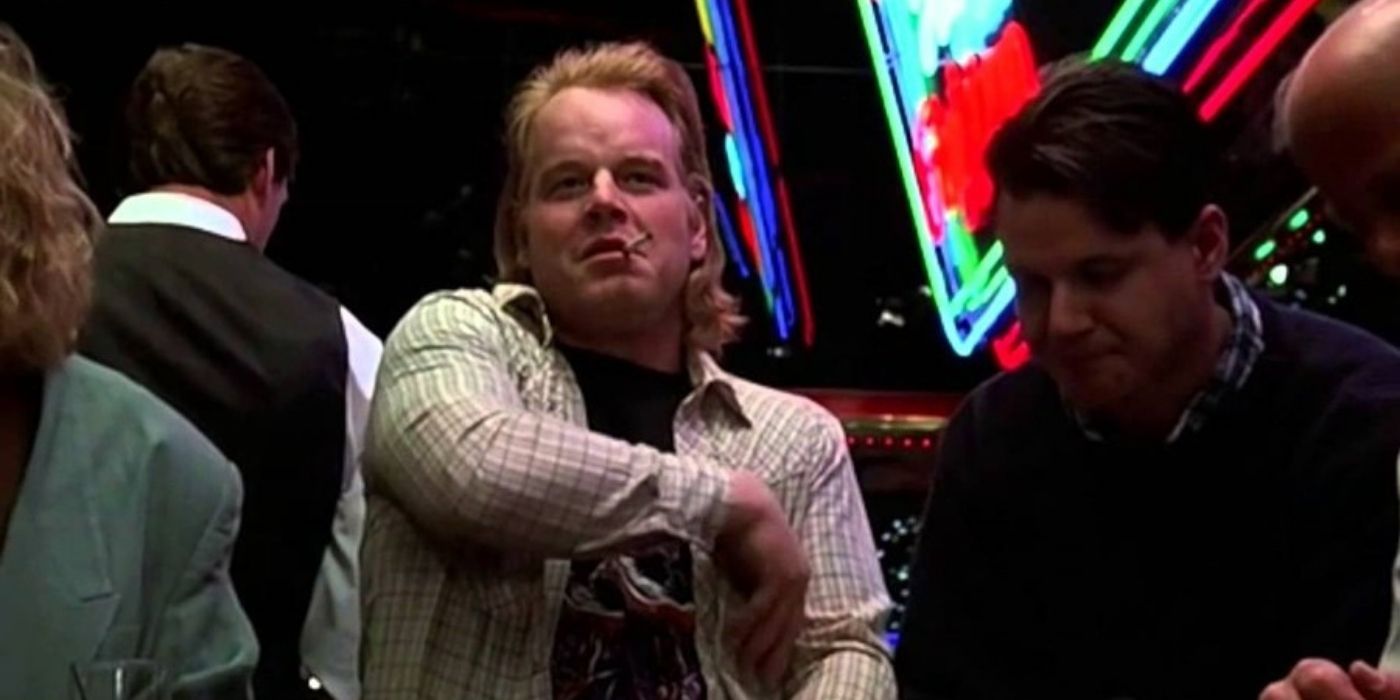
Before Cooper Hoffman blew audiences away in Licorice Pizza, his late father Philip Seymour Hoffman was one of Paul Thomas Anderson’s primary cinematic stalwarts. Hoffman’s performances, in The Master and Boogie Nights among others, are some of his very best on-screen.
But it was in Anderson’s debut film, Hard Eight, that Hoffman began his illustrious career working with the renowned director, and in an interview with Rolling Stone, Philip Baker Hall recalls how astonished he was with Hoffman’s ability to improvise on the spot, saying “When we filmed Hard Eight, I was shocked at his ability to improvise his way through. He improvised most of that craps scene and just had such a sense for timing.”
William H. Macy Didn’t Need To Audition For Boogie Nights …
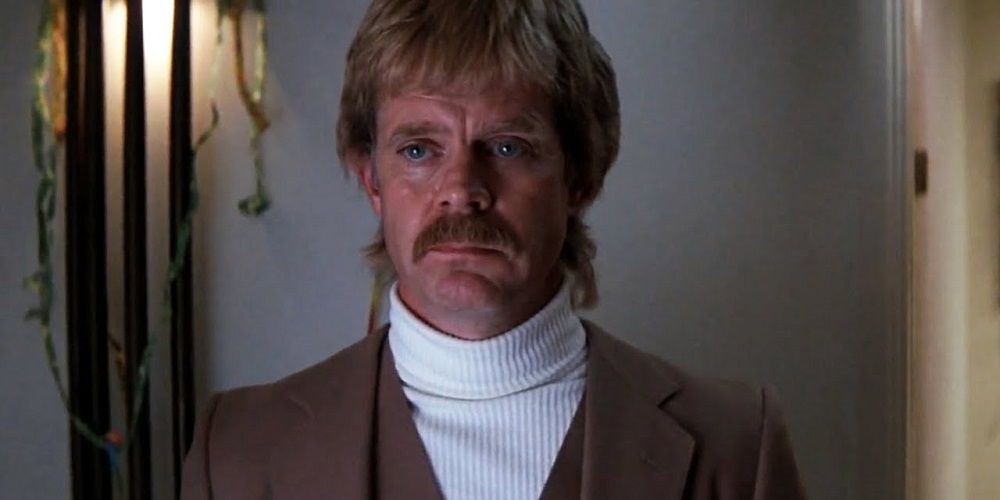
Paul Thomas Anderson is a director who uses many of the same actors recurrently in his movies, and one of these actors is the great William H. Macy. The actor’s role in Boogie Nights as a jilted husband is one of the movie’s most emotionally powerful performances and is embodied by an unforgettable portrayal by H. Macy.
In an interview with The Ultimate Rabbit, H. Macy shines a light on Anderson’s casting process, and it seems that when the director has someone in mind for a particular role, then an audition is not necessary. The actor said, “I decided I wanted to do it and met with him at the Formosa Café, and it was about ten minutes in when I realized he was selling me. I wasn’t there to audition for him, he was trying to convince me to do it.”
Paul Dano Was Not Originally Cast In There Will Be Blood …

Paul Dano’s portrayal as the antithetical nemesis to Daniel Day Lewis’s Daniel Plainview in There Will Be Blood, Eli Sunday, is at the crux of the movie’s pendulum-swinging narrative. In the movie, Eli is representative of the ongoing conflict between the binary forces of religion and capitalism in America, and Dano’s embodiment of the character is an unforgettable one.
In a New York Times Magazine interview with Day-Lewis, it is revealed that Dano was originally cast as a replacement for an unknown actor, who did not fit with Anderson’s requirement for an emotionally dynamic performance.
Robert Downey Jr. Could Have Starred In Inherent Vice …

Joaquin Pheonix’s gauchely brilliant performance as Doc in Anderson’s Inherent Vice is perhaps one of the actor’s most underrated. The movie, adapted from the Thomas Pynchon novel of the same name, is also one of Anderson’s more underappreciated works.
Interestingly, in an interview with GQ, Robert Downey Jr was originally earmarked for the role of Doc in the film, but after holding initial conversations with Anderson, was passed over for Pheonix. Downey Jr humorously comments that Anderson “told me I was too old” for the role.
Maya Rudolph Inspired Phantom Thread …

Paul Thomas Anderson’s wife Maya Rudolph has a pragmatic relationship with her husband on and off the screen. The actor recently starred as a casting executive in Licorice Pizza, but in a Q&A with the director, it was revealed that Rudolph unwittingly inspired the central narrative of his film Phantom Thread.
In the movie, Daniel Day Lewis’s character Reynolds Woodcock is poisoned by his wife, and the director reveals that the plotline was inspired by Rudolph, who looked lovingly at her husband once when he was taken ill.
Daniel Day-Lewis Learned To Sew For Phantom Thread …
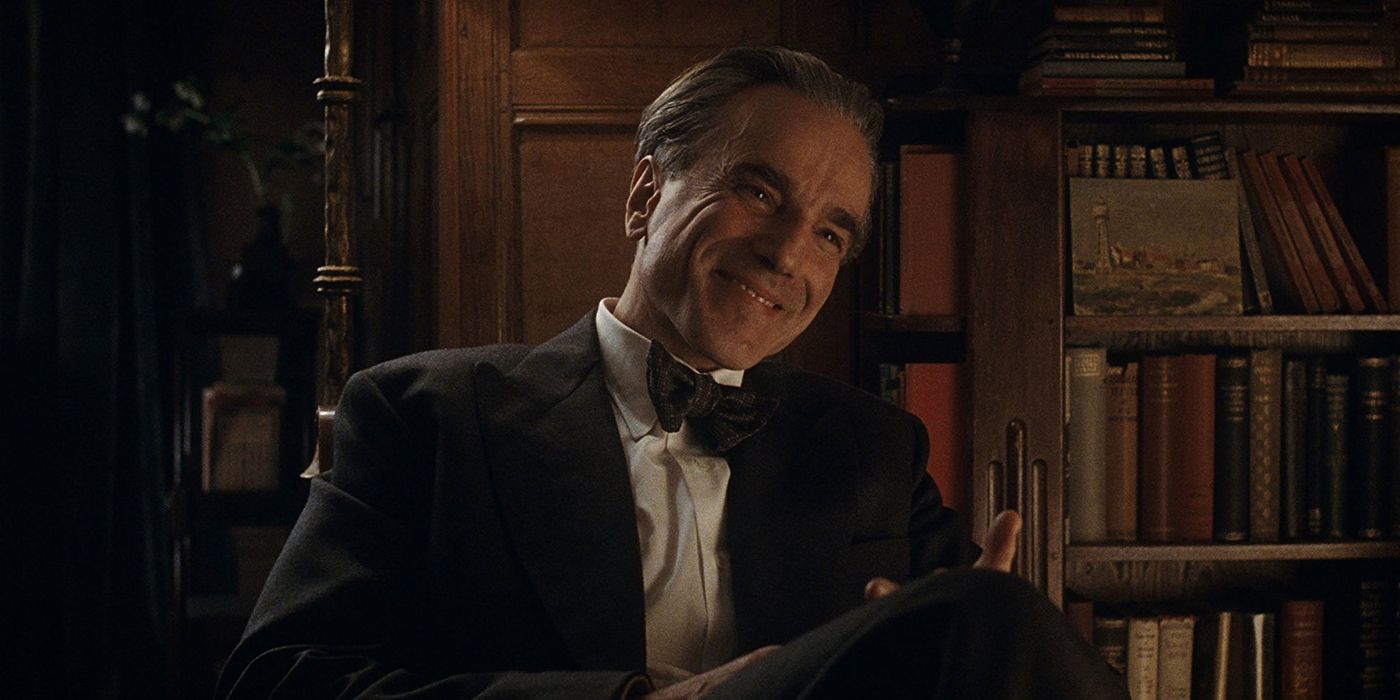
Daniel Day-Lewis is renowned for submerging himself into characterizations and often spends months preparing to embody a role. Due to financing issues, the actor spent two years studying turn-of-the-century oil barrens for There Will Be Blood, and his preparation for Phantom Thread was equally as committed.
According to Another Mag, to prepare for the movie, Day-Lewis worked closely for a year with the costume director for the New York Ballet in order to refine his skills as a dressmaker. This attention to detail proves why both Anderson and Day-Lewis can capture such rich period credibility.
